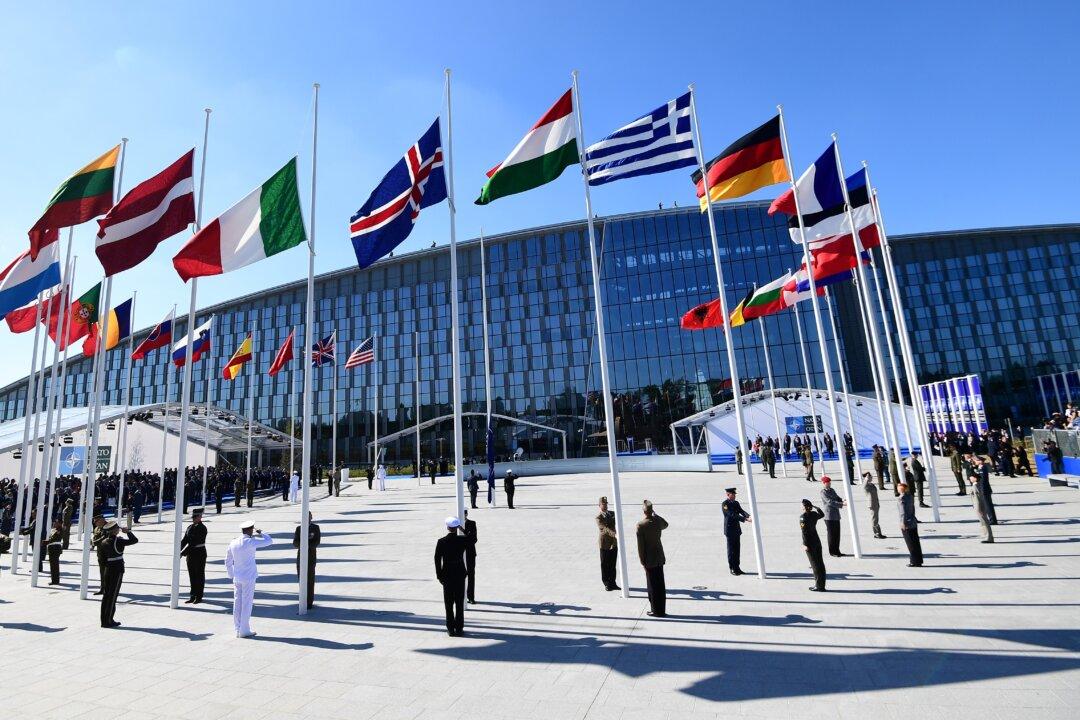The next strategic guidance published by NATO will aim to contend with expanding Chinese influence abroad, marking the first time that the alliance makes China a strategic priority, according to experts, who say firm, principled engagement will be necessary.
The 2022 Strategic Concept will be only the fourth unclassified strategy, and the first to be unclassified since 2010, to be released by the North Atlantic Treaty Organization; it’s set to be adopted in June at the Madrid Summit.




